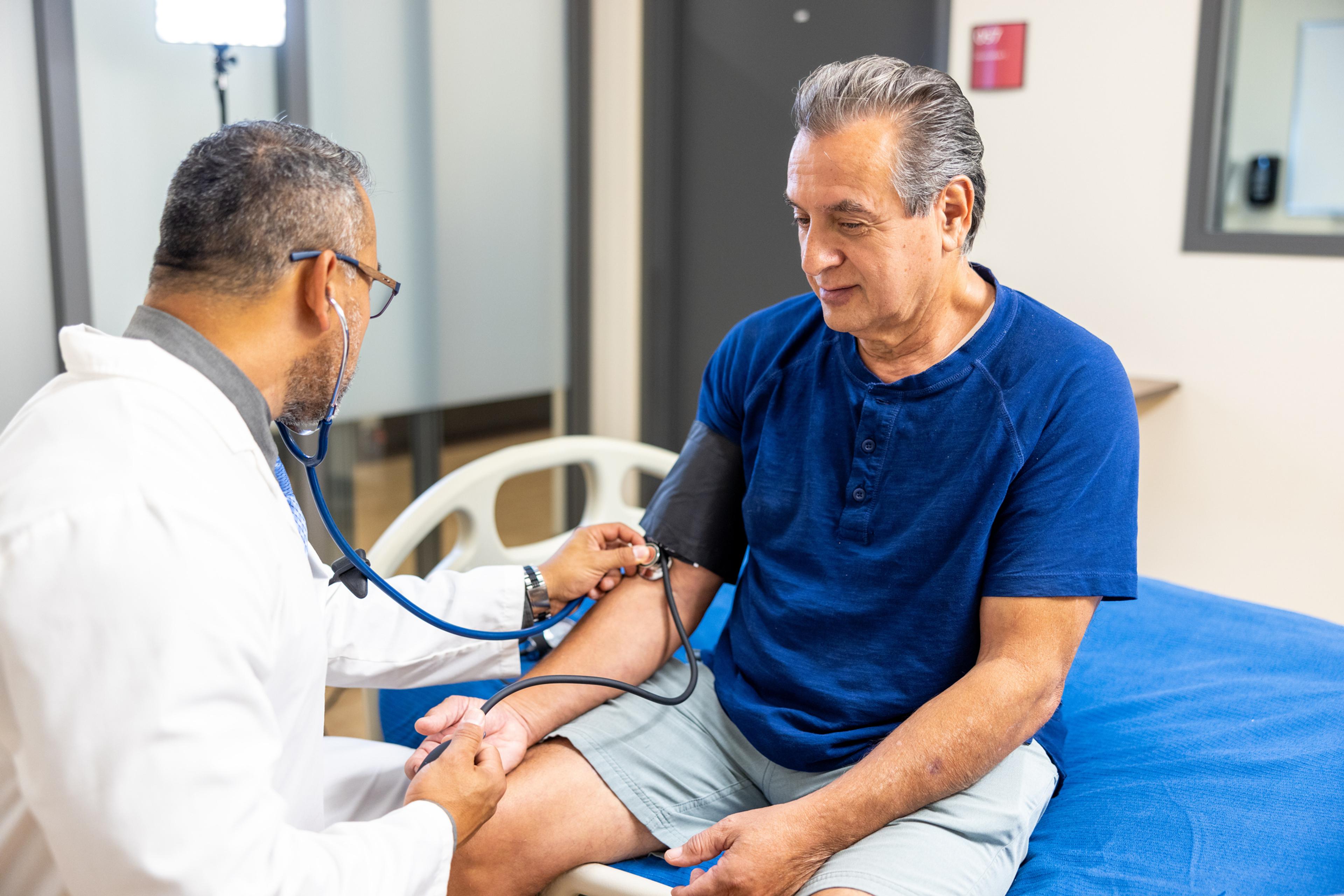Michigan Woman Focusing on ‘Things That Matter’ While Continuing to Outlive Lung Cancer Prognosis
Jake Newby
| 5 min read
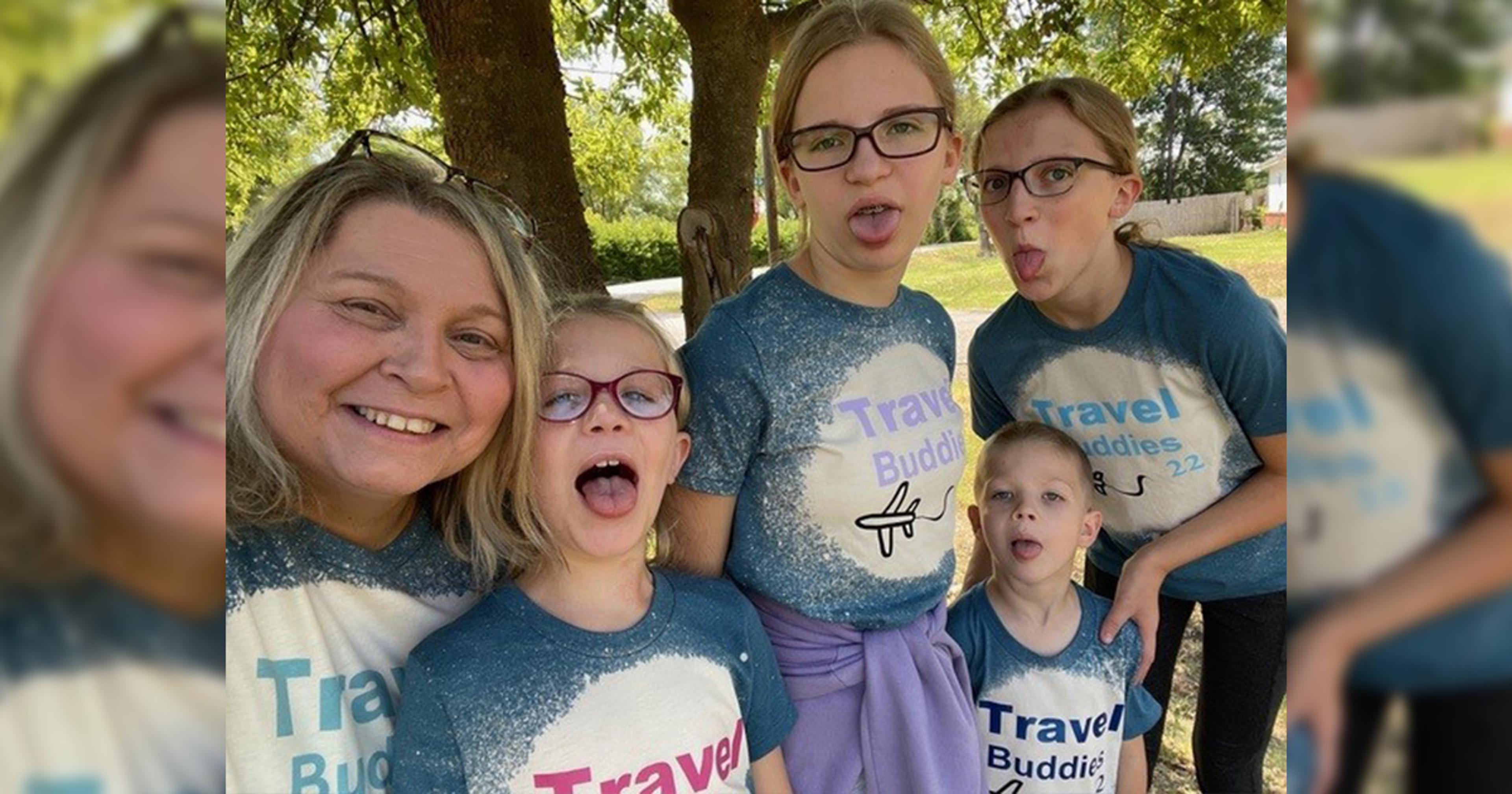
When Debbie Pickworth visited her primary care physician to get a work release for a previous week’s worth of hospital scans and testing, she was immediately pulled into one of the rooms. And no other patients were around. She knew something was up.
“I got pulled in quickly, which never happens. You’re usually in that waiting room for a while,” said Pickworth, a Garden City resident. “And my doctor told me I had lung cancer. At that point they didn’t know staging. I needed more testing and biopsies to determine staging.”
Pickworth was 43 years old at the time. Sixteen years earlier, in her late 20s, she watched her mother die of stage IV lung cancer.
“After watching my mother die of lung cancer, that was a bombshell, worst news ever,” said Pickworth, who receives Blue Cross Blue Shield of Michigan supplemental insurance through her husband’s employment. “All I could think of was ‘this is it.’ My mom, when she was diagnosed, they gave her six months (to live), with treatment … she lived about a year and a half.”
Pickworth soon learned she had stage IV cancer as well. In 2013, she was given a bleak timeline of 12 to 24 months to live, a timeline she has obviously lapped many times over. But the strength she has now didn’t pop up overnight. As she tried to process her new reality, Pickworth said she spent a few weeks doing very little aside from wallowing and feeling sorry for herself, a totally understandable initial reaction. But once she snapped out of that stage, she stood up and fought. The first few rounds of that fight were about educating herself and advocating for lung cancer.
“I had to learn everything I could about this disease,” she said. “Lung cancer is the leading cause of cancer death in women. Not breast cancer.”
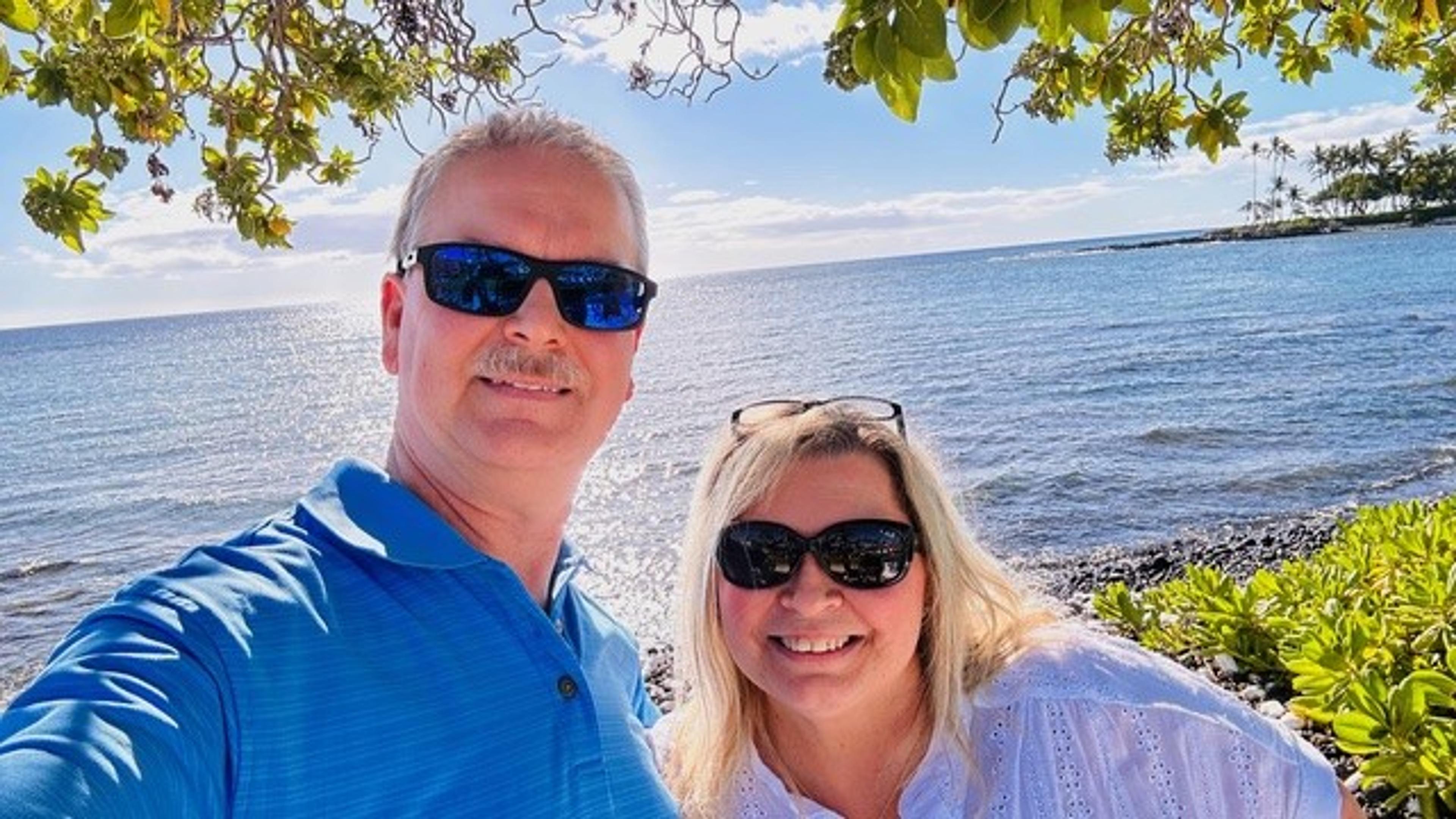
Pickworth’s lung cancer diagnosis was a peculiar one that in that she hadn’t touched a cigarette in more than 20 years. And even when she smoked as a teenager, it was sporadically. Her mother and grandmother both died from lung cancer, but it’s not a disease often linked to inherited genetic changes. She noted that her parents and grandparents smoked often, meaning she was regularly exposed to secondhand cigarette smoke. She worked in automotive industry factories and acknowledged that she may have been exposed to toxic chemicals.
Her specific mutation is a BRAF mutation, which have only been reported in about 4% of non-small cell lung cancers (NSCLC), according to the American Lung Association. Whatever led to her diagnosis, she wasn’t going to lie down and accept her life expectancy.
“At first it was like, ‘I got to live longer than my mom did.’ My mom died at 49. Every year I set little goals. And I started advocacy work. I started support groups for lung cancer patients. My biggest thing was, at 43, my youngest son was 20. Plus, I was in the middle of my career. I worked two and a half years through chemo and when I started trial drugs, I couldn’t work anymore, there were too many side effects. Working every day since you were 13 and then suddenly not anymore was a big change.”
As she fought, she gained new perspectives. She’d always prioritized family first, but when she physically couldn’t work anymore, it was a little easier for her to recognize what really matters in life.
“Life for me, I’m actually a more positive person now than I was before my diagnosis,” Pickworth said. “I don’t take everything for granted. It’s not work, work, work. Now it’s family, advocacy. Things that matter.”
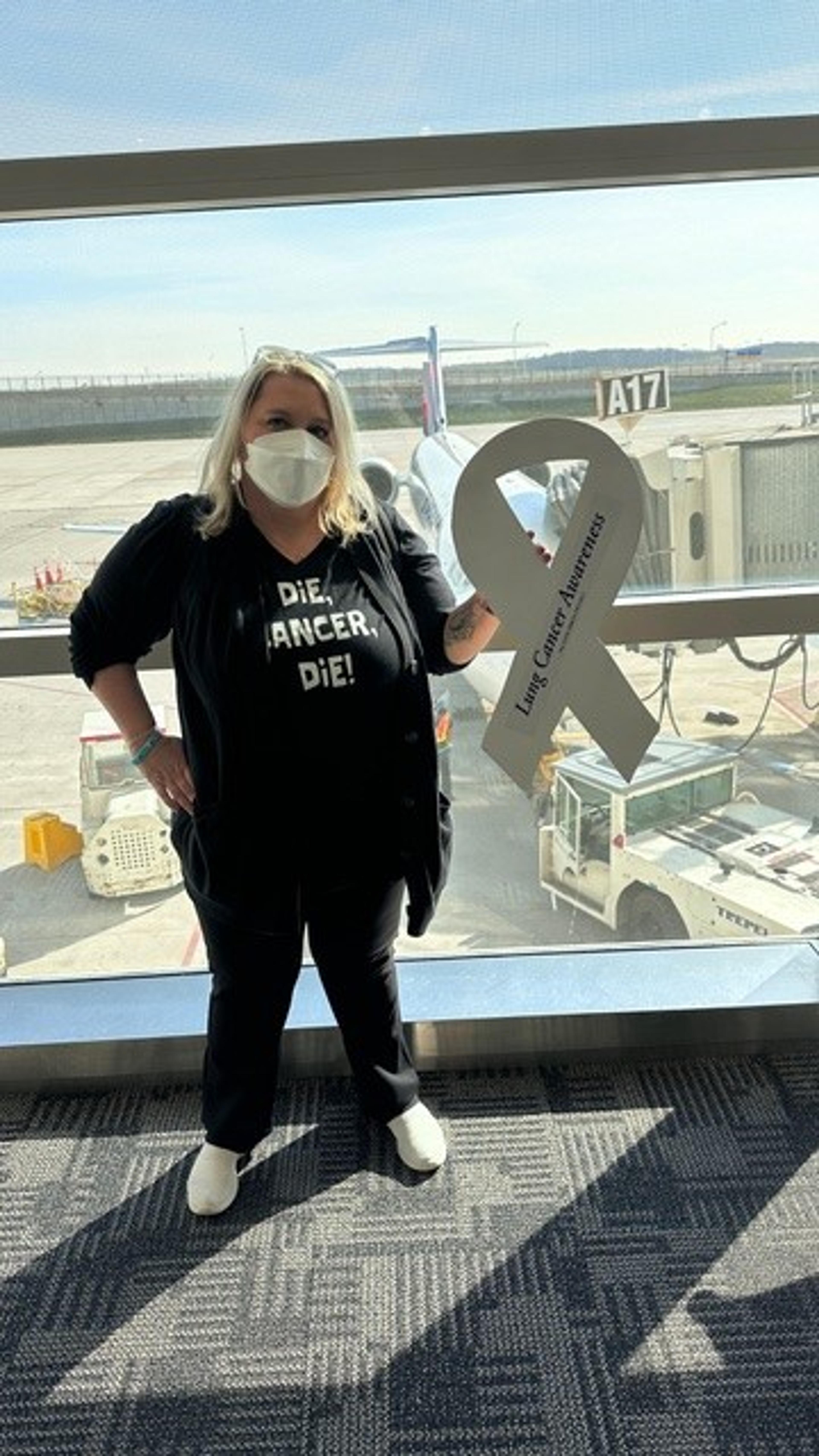
Early screening, the importance of “note takers” and other advice for the newly diagnosed
Over the years, as members of both the American Lung Association’s Lung Cancer Patient Advisory Group and the “BRAF Bombers” special support group/foundation called consisting of those living with her specific BRAF mutation, Pickworth has spent ample time discussing her journey with those who have traveled similar paths. There’s one prevailing piece of advice she finds herself doling quite often.
“The first thing you should do is get a second opinion,” she said. “Always. At a different hospital system. Even if you love your doctor, get a second opinion.”
Since the medical visits can really rack up, Pickworth also touted the importance of bringing someone with to tagalong, whether it be a significant other, family member or close friend.
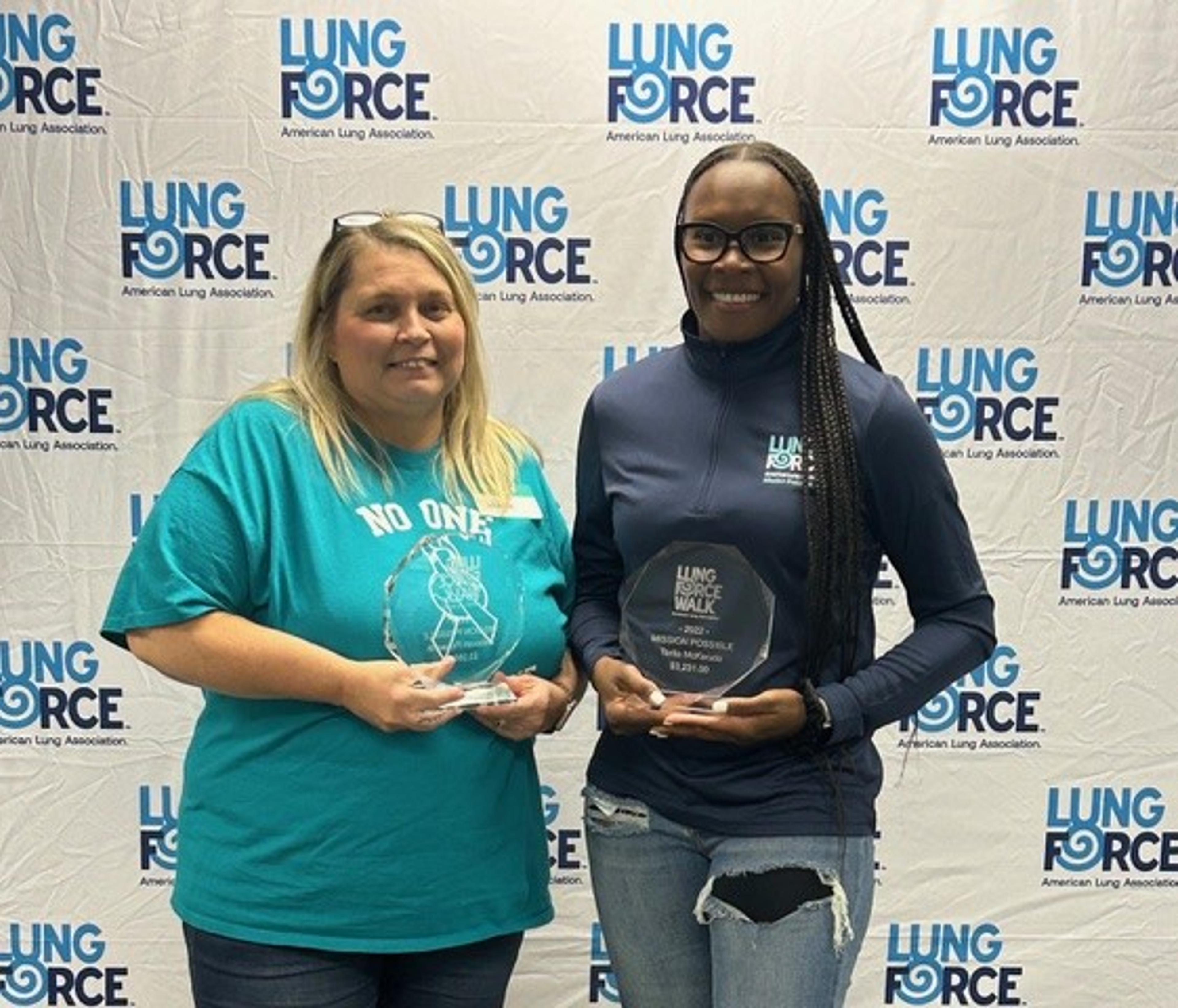
“I call them the ‘note taker,’ Pickworth said. “I personally love getting all my results before I even see the doctor because once you are in a room and they give you the results, you don’t ask the questions that need to be asked. You’re too focused on what they’re saying, not the questions you can write down ahead of time with the results in front of you.”
Pickworth added that not everybody advocates for others, which is fine. But if you are not, you should cling to those who are, and to groups that prioritize advocating for others.
“They can give you the most information, and information is power,” she said.
In the last 10 years, hospitals, doctor’s offices, and specialist facilities have unfortunately been Pickworth’s second, third and fourth homes. Her cancer is incurable, but she likes to proudly broadcast the fact that she’s not a statistic. She finds purpose in her advocacy, she finds love and support from her family and fellow lung cancer survivors, and as she continues her fight, she’ll continue to lean on all of them. She hopes others continue to lean on her, as well, because that in and of itself gives her strength.
“Everybody’s journey is different. How I grieve – I call them the stages of grief for cancer – how I grieve versus the way someone else grieves is completely different, how they want to do their treatment is going to be completely different. Everybody’s journey is individual. Help when you can if you know someone that’s going through something. Reach out. Believe me, they will appreciate it.”
Read other member stories:
- The Small Moments Mean More: Roseville Mom Recognizes the Beauty in Raising Child with Hypotonic Cerebral Palsy
- ‘You Can Have Fun Without Alcohol:’ Lansing Woman in Recovery Helps Others Live a Sober Lifestyle
- Life-Threatening Bout with Diabetes Guides Michigan Teen Towards Advocacy
Photo credit: Debbie Pickworth

